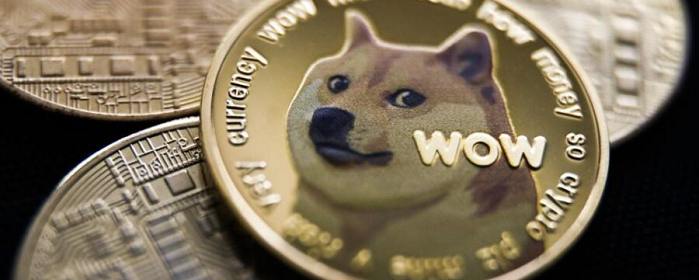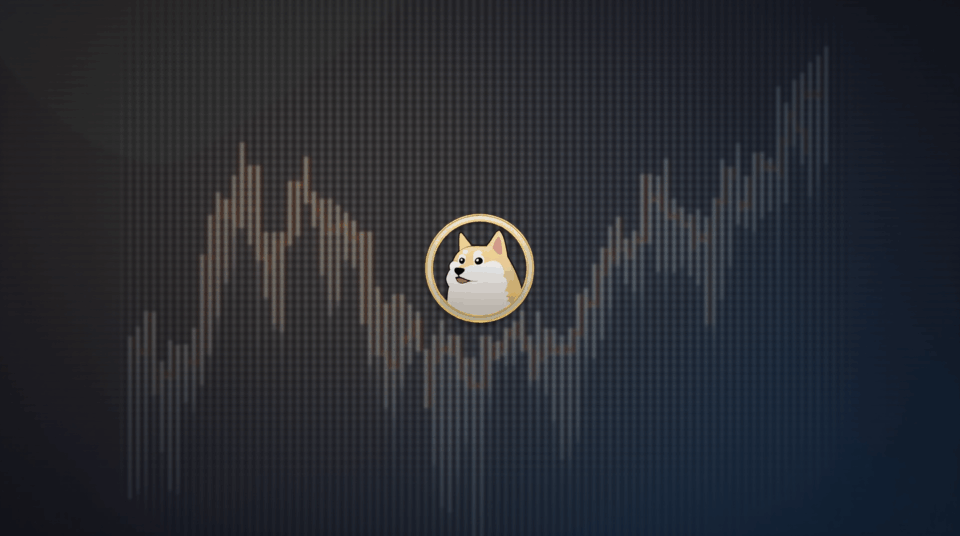Dogecoin is currently facing a key resistance level at $0.28, while the broader narrative centers on a potential DOGE ETF, attracting attention from institutional investors and technical traders. Both market technicals and regulatory developments have increased interest, though regulatory risks and the high volatility typical of meme coins remain.
Current Dogecoin (DOGE) Data:
-
Price: $0.2506
-
24-Hour Performance: +2.97%
-
Market Capitalization: $37.75 billion
Context and Key Players Shaping the ETF Narrative
Asset managers and issuers like Bitwise, Grayscale, and 21Shares have filed for DOGE-related products, while firms such as REX Shares are exploring alternative regulatory pathways. Ultimately, the SEC holds the final authority on approval, and any real progress depends on its evaluation and the conditions it imposes.
Technical Signal and Interpretation
The pennant pattern indicates a consolidation phase following an upward move, where the price compresses into a triangular flag. If the price breaks upward with volume, the classic projection places targets above $0.28, with intermediate levels at $0.30 and $0.37, calculated by measuring the previous impulse and applying it from the breakout point.
Confirmations and Factors That Could Accelerate or Reverse the Move
-
A breakout with volume and a close above resistance validates the breakout.
-
Monitoring net inflows from exchanges and flows into regulated custodians strengthens the ETF thesis.
-
Risk management through stop-loss orders and appropriate position sizing helps prevent false breakouts.
Institutional inflows and whale activity can accelerate or reverse the move, as an ETF would facilitate access to capital outside of exchanges and could increase demand. Conversely, significant transfers of large wallets to exchanges often precede sales. Additionally, decisions, delays, or conditions imposed by the SEC can mitigate any immediate impact.

Conclusion
A sustained breakout above $0.28 could initiate an uptrend, but the likelihood of success depends on volume confirmations, movements by major players, and the regulatory timeline. The introduction of regulated vehicles may facilitate access to DOGE, but also increase intermediation, making the promotion of decentralized infrastructure relevant to preserving financial sovereignty. In any case, maintaining risk discipline and monitoring on-chain and regulatory signals will be crucial.

